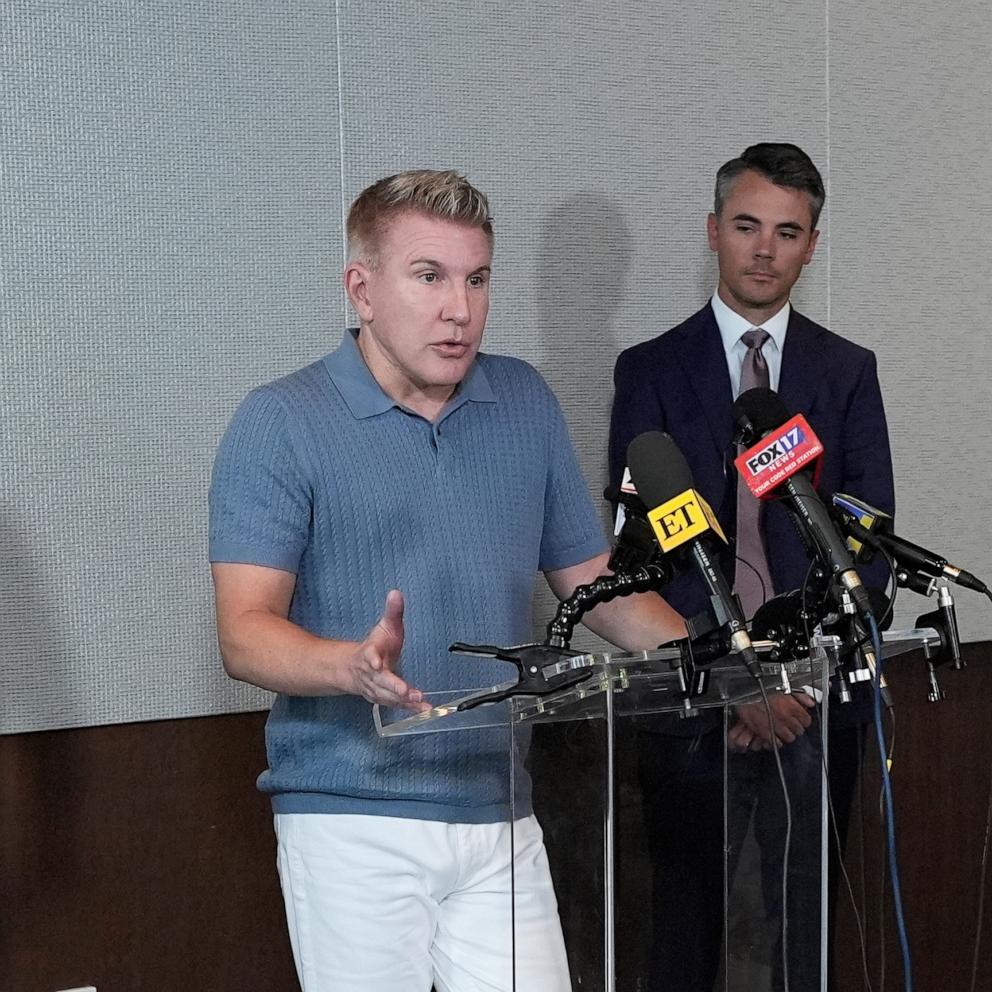Trump asks Supreme Court to remove judge-ordered restrictions on 3rd-country deportations

The Trump administration on Tuesday filed an emergency petition with the U.S. Supreme Court seeking to lift what it called "onerous" due process procedures imposed by a federal judge for immigrants slated for deportation to a third country other than their own.
Solicitor General John Sauer told the court in the filing that a nationwide mandate issued last week by Judge Brian Murphy of the District Court of Massachusetts has created a "diplomatic and logistical morass" that is imposing "significant and irreparable harm" on the government's efforts to remove criminal aliens.
After a group of detainees said to be headed to South Sudan sued over their alleged inability to raise fears of torture, Judge Murphy issued a preliminary injunction halting any future removals unless detainees were given notice of their destination, at least 10 days to raise concerns for their safety, and 15 days to contest an adverse finding by an immigration officer.
The temporary order applies universally to any individual slated for removal to a third country. The government is required under international law to ensure that migrants in its custody are afforded protections under the Convention Against Torture, of which the U.S. is a signatory. The Trump administration insists it has been in compliance.
"Based on what I've learned," Judge Murphy said during a hearing last week, "I don't see how anybody could say that these individuals had a meaningful opportunity to object. If I was in any of those groups and I was going to be deported to South Sudan, I would need an opportunity to investigate that and to be able to articulate a well-founded fear about why being returned to South Sudan would be would result in torture or death. The department did not do it. In this case, they did not offer any opportunity to object."

Sauer told the justices Murphy's move exceeds his authority, "jeopardizes the public interest," and has upended sensitive diplomatic and national security negotiations with third countries. He said all of the detainees to be removed have already received adequate due process and had final orders for removal entered.
"The district court's invented process offers little but delay. While certain aliens may benefit from stalling their removal, the Nation does not," he wrote.
As part of its aggressive push to remove unlawful or criminal immigrants, the Trump administration has pursued third-country partners willing to accept those who will not be taken back by their home countries.
Hundreds of migrants in recent months have been sent by the U.S. to the CECOT prison in El Salvador even though they are not Salvadoran nationals. The administration has also sought removals to several African nations.
The Supreme Court -- increasingly thrust to the center of escalating disputes over aspects of Trump's immigration policy -- has unanimously ruled that all non-citizens on U.S. soil must be afforded "due process of law"
"Detainees are entitled to notice and opportunity to be heard appropriate to the nature of the case," the justices unanimously stated last month in a per curiam (unsigned) opinion.
The specifics, however, remain contested. Legal scholars say the type of "notice" and "hearing" historically afforded depends on an immigrant's status and circumstance, such as whether they had been lawfully admitted to the country in the first place, have deep ties to the community, or are seeking asylum.
The court is also currently weighing the ability of individual federal judges to issue binding nationwide orders, blocking the government from executing a policy. After Trump issued an executive order ending birthright citizenship — and three district court judges issued injunctions against it -- the administration asked the high court to issue definitive guidance the matter. A decision is imminent.




